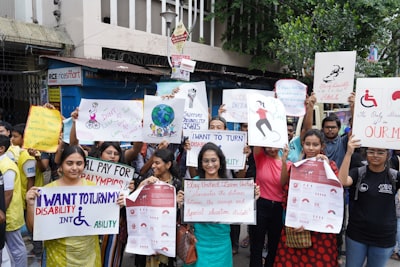Summary
A recent alleged rape of a law student at South Calcutta Law College on June 25 has reignited concerns over women’s safety in India, particularly in West Bengal. The accused, Monojit Mishra—an ex-student and former member of the ruling Trinamool Congress’s student wing—along with two other current students and a security guard, has been arrested. The investigation, expedited by a swift complaint and supporting evidence, pointed to forced penetration and physical assault. Public reaction has been charged, with protests and a political storm brewing, as parties exchange accusations and debate over accountability intensifies.
Analysis
This incident is starkly reminiscent of earlier high-profile assaults, illustrating a persistent vulnerability for women, especially in educational spaces supposedly dedicated to empowerment. The recurrence of such crimes raises questions about the effectiveness of legal deterrents, campus security measures, and the broader cultural context.
Politically, the involvement—direct or indirect—of people with connections to ruling parties exposes the complex entanglement between political influence and justice. While the Trinamool Congress acknowledged ties to the alleged perpetrator, their public commitment to non-interference warrants scrutiny. Will political connections affect the impartiality of the investigation or its outcome?
Socially, the outpouring of protest from fellow students underscores collective frustration and a call for substantive change—not just in campus policy, but in societal attitudes, policing norms, and the justice system. Ethically, the ordeal not only highlights the trauma and agency of victims but also the ongoing challenge of ensuring sensitivity in official responses and fair media coverage.
Discussion
The urgent national conversation about women’s safety in India cannot be divorced from recurring patterns. The fact that such cases persist—even after previous national outrage—suggests systemic gaps in implementation, accountability, and prevention. How much has really changed since landmark incidents like the 2012 Delhi gang rape or last year’s shocking case in West Bengal?
Furthermore, the politicization of personal tragedy risks distorting justice for the victim and shifting focus away from constructive reform. The backlash against ‘tone-deaf’ or minimizing official comments is telling, echoing wider demands for not just investigation and punishment, but introspection and systemic overhaul.
This case is not just about Kolkata or one institution. It points to a larger malaise facing women seeking autonomy, education, and security in India. Are educational institutions equipped to protect their students? Can political parties resist the urge to shield their own and instead champion actual reform? How do we balance outrage with constructive solutions?
Ultimately, the case underscores that women’s safety is a societal issue transcending party lines, requiring persistent vigilance, legal rigor, and cultural change. Without this, headlines like these will keep recurring, reminding India of promises unkept and lives in peril.

Comments
No comments yet. Be the first to comment!